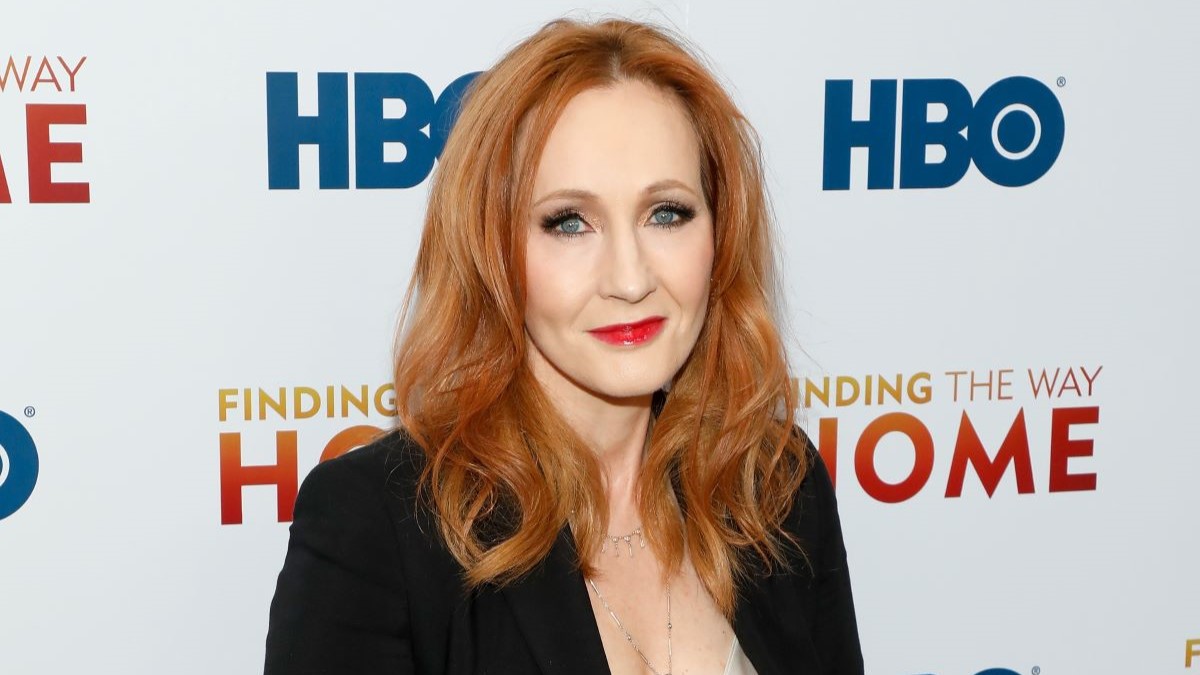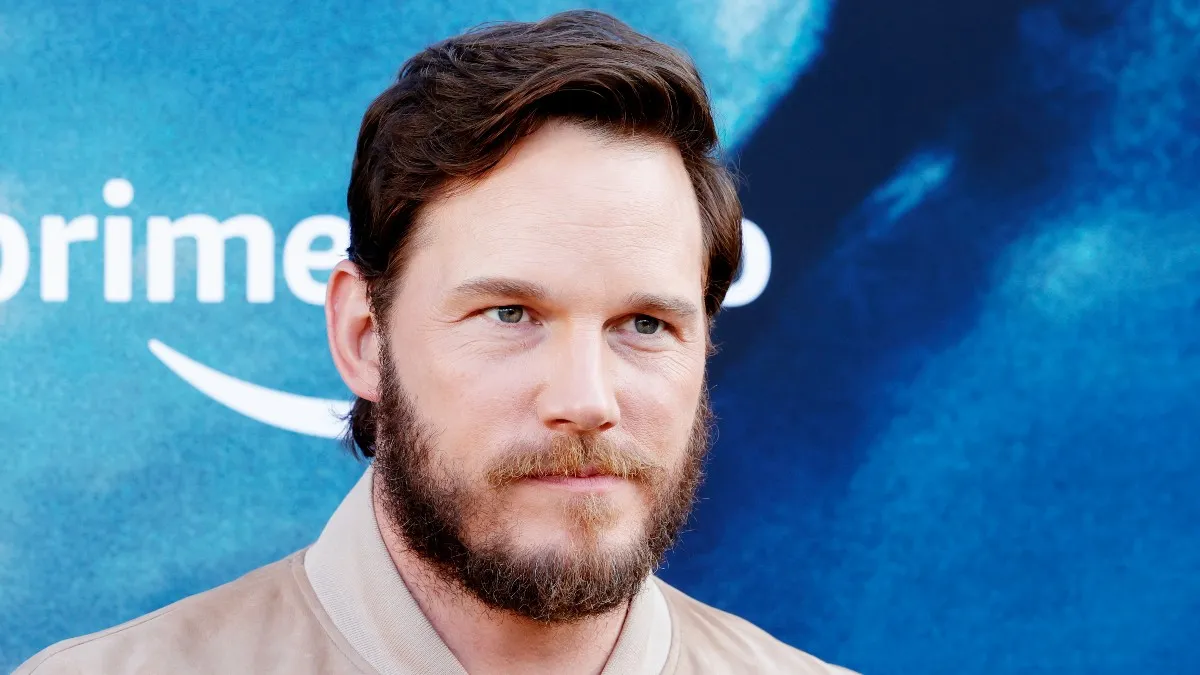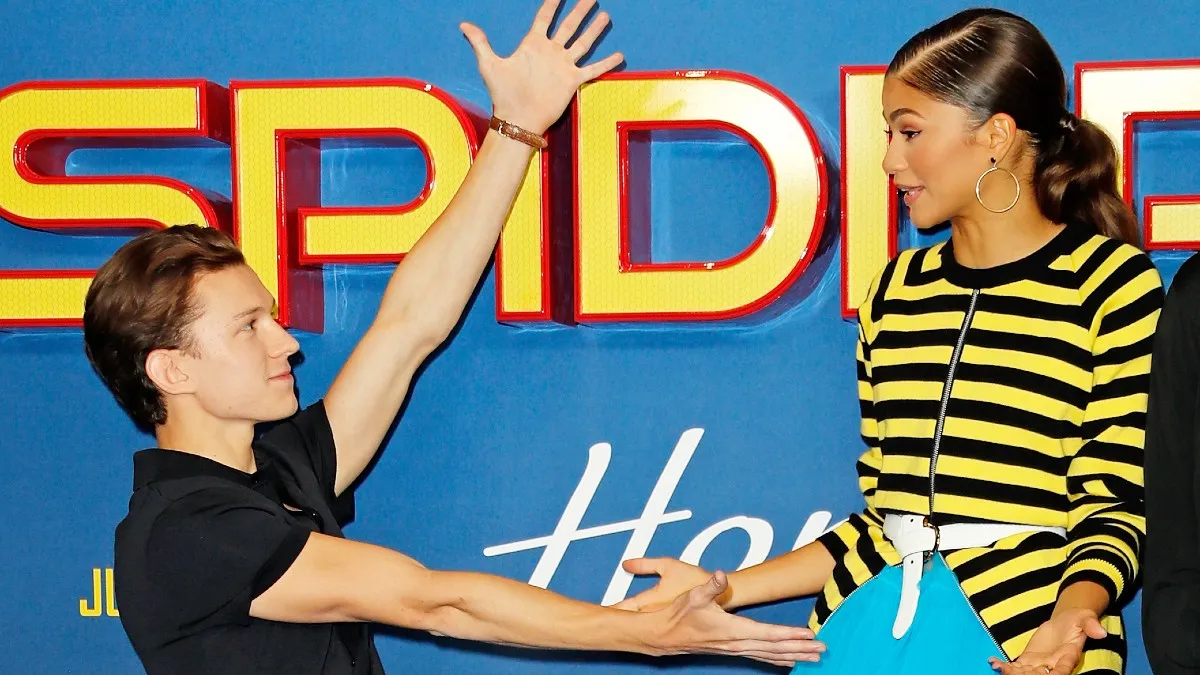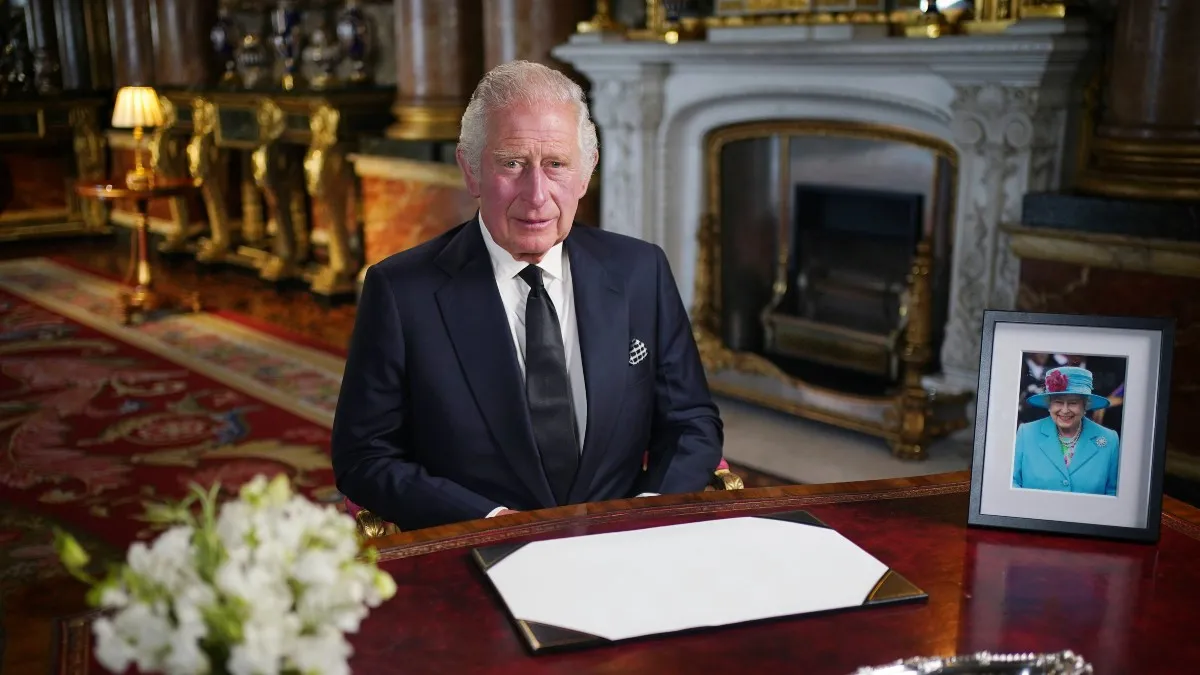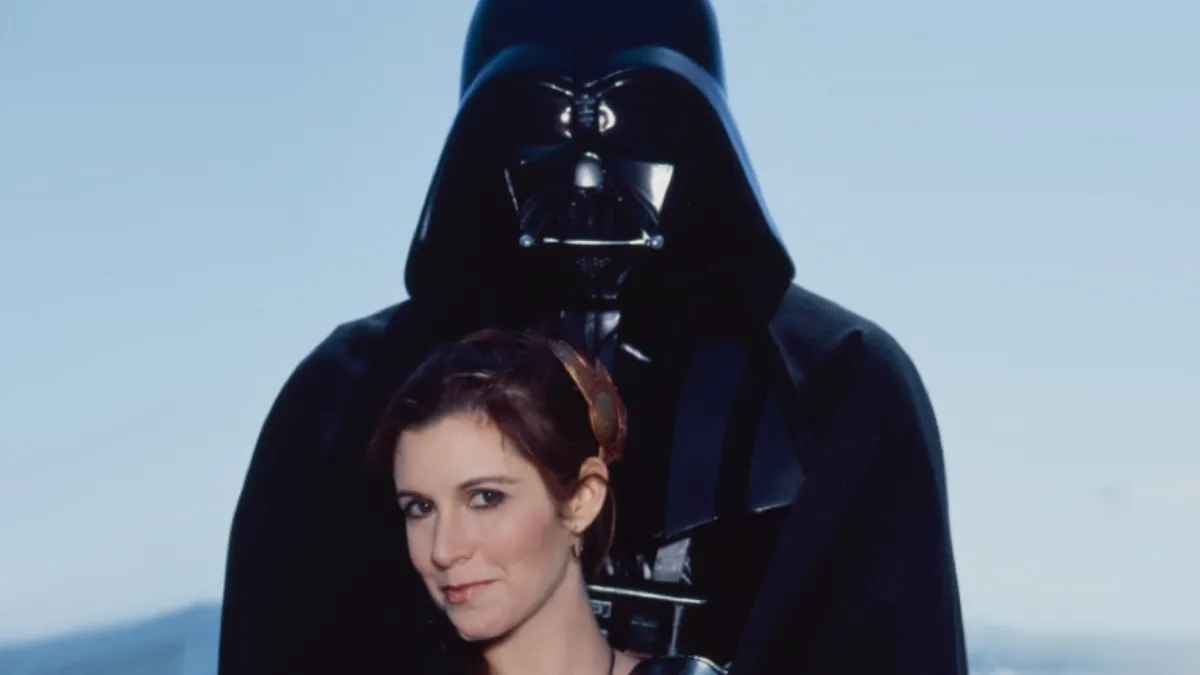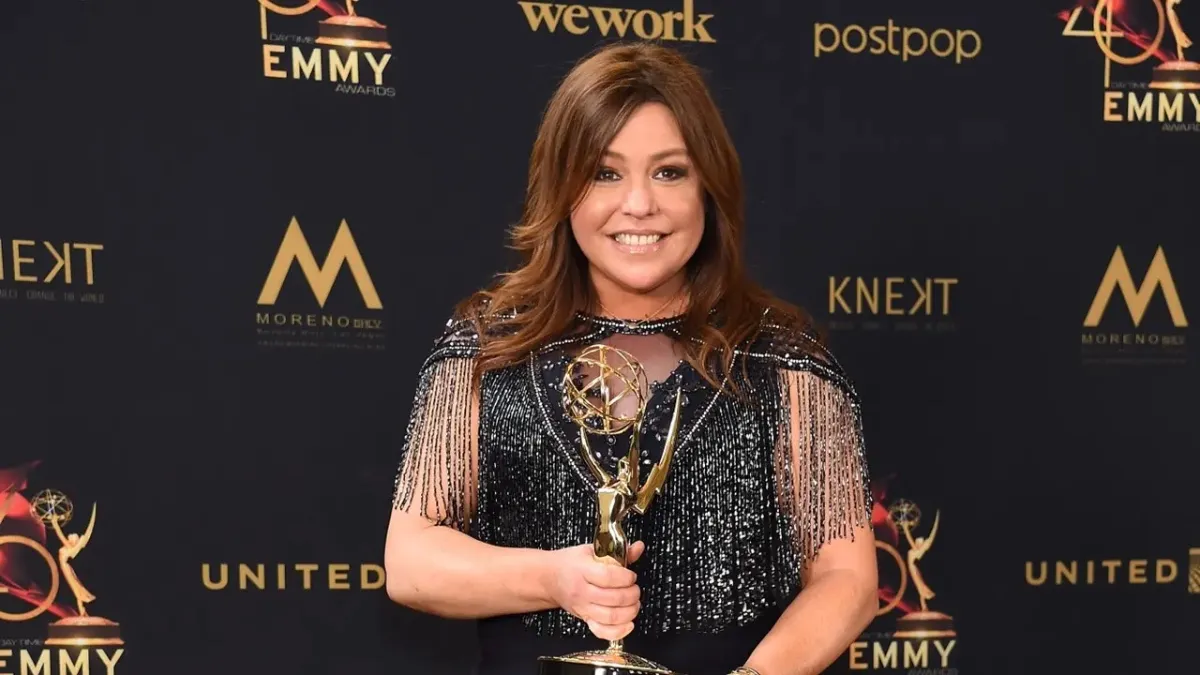J.K Rowling, one of the most prolific and accomplished modern writers, achieved fame due to the phenomenal success of the Harry Potter series. It is true that it was Rowling who introduced millions of youngsters to the fantastical wizarding world filled with magic and adventures, a story that was loved by millions of people around the globe.
Unfortunately, despite the numerous accolades and massive fortune that the author has managed to accumulate over the years, she has failed miserably in retaining her status as an inspiring figure and a creative voice in the world of literature. This is due to the countless controversies from her questionable comments in the public space. Rowling received severe backlash for her views on transgender rights. It has earned her unending vitriol and severe criticism from the members of the LGBTQ+ community, millions of fans, and the former cast of the Harry Potter films.
This isn’t new territory for Rowling. While the most recent condemnation against her has dominated the public spotlight, it’s not her first controversy by a long shot. In fact, she’s had a troubled relationship with the public for many years.
Why is J.K Rowling disliked?
Rowling’s problematic stance on various sensitive issues earned her immense disdain from Harry Potter fans. Way before her infamous social media comments on the transgender community, she came under fire for what was insinuated as her homophobic and racist take on numerous issues.
In 2007 after the final book Harry Potter and the Deathly Hallows was published, Rowling spoke to fans at Carnegie Hall. She revealed that a teenage Albus Dumbledore was in love with Gellert Grindelwald, saying, “Dumbledore fell in love with Grindelwald, and that added to his horror when Grindelwald showed himself to be what he was.”
Why Dubledore’s sexuality was never addressed in the books and the movies prompted the fans to wonder about Rowling’s opinions on homosexuality. After she hinted that their romance would be depicted in 2018’s Fantastic Beasts: The Crimes of Grindelwald, people were curious to find out if the author kept her promise.
Speaking to TIME Magazine, Rowling said, “You will see Dumbledore as a younger man and quite a troubled man—he wasn’t always the sage. We’ll see him at that formative period of his life. As far as his sexuality is concerned…watch this space.” To their disappointment, Dumbledore’s sexuality was never shown in the movie.
This created an uproar, and fans took to Twitter to express their disapproval. Rowling responded by implying that there would be more prequel movie series in the future. Even though the Troubled Blood author didn’t explicitly mention whether there will be a revelation of Dumbledore being gay, the implication is that she is suggesting the fans pin their hopes on the later movies.
After a series of controversies around the subject, Fantastic Beasts: The Secrets of Dumbledore released in 2022 provided an insight into the relationship between Dumbledore and Grindelwald. As mentioned by Rowling, their characters shared an intense and passionate relationship and later forged a blood pact with each other where they decided that they would never face each other in combat. Their romantic relationship continued until the couple went their separate ways.
The tweet heard ’round the world
‘People who menstruate.’ I’m sure there used to be a word for those people. Someone help me out. Wumben? Wimpund? Woomud?
— J.K. Rowling (@jk_rowling) June 6, 2020
Opinion: Creating a more equal post-COVID-19 world for people who menstruate https://t.co/cVpZxG7gaA
This was just the beginning. On June 6, 2020, Rowling made headlines and became the subject of endless social media vitriol after she retweeted an opinion piece titled, Opinion: Creating a more equal post-COVID-19 world for people who menstruate. Retweeting the piece, she commented, “’People who menstruate.’ I’m sure there used to be a word for those people. Someone help me out. Wumben? Wimpund? Woomud?”
I respect every trans person’s right to live any way that feels authentic and comfortable to them. I’d march with you if you were discriminated against on the basis of being trans. At the same time, my life has been shaped by being female. I do not believe it’s hateful to say so.
— J.K. Rowling (@jk_rowling) June 6, 2020
While the tweet received severe criticism, the author continued to stand by her position. In the next tweet, she blatantly mentioned that while she respected transgender people’s rights, they cannot be placed into the category of “women,” which earned her further backlash. Responses against her views were voiced by the former cast members of the Harry Potter movies. Harry himself, Daniel Radcliffe, gave his opinions that opposed Rowling’s comments, saying:
“I realize that certain press outlets will probably want to paint this as in-fighting between J.K. Rowling and myself, but that is really not what this is about, nor is it what’s important right now. While Jo is unquestionably responsible for the course my life has taken, as someone who has been honored to work with and continues to contribute to The Trevor Project for the last decade, and just as a human being, I feel compelled to say something at this moment. Transgender women are women. Any statement to the contrary erases the identity and dignity of transgender people and goes against all advice given by professional health care associations who have far more expertise on this subject matter than either Jo or I. According to The Trevor Project, 78% of transgender and nonbinary youth reported being the subject of discrimination due to their gender identity. It’s clear that we need to do more to support transgender and nonbinary people, not invalidate their identities, and not cause further harm. To all the people who now feel that their experience of the books has been tarnished or diminished, I am deeply sorry for the pain these comments have caused you. I really hope that you don’t entirely lose what was valuable in these stories to you. And in my opinion, nobody can touch that. It means to you what it means to you, and I hope that these comments will not taint that too much.”
Trans people are who they say they are and deserve to live their lives without being constantly questioned or told they aren’t who they say they are.
— Emma Watson (@EmmaWatson) June 10, 2020
Other cast members spoke against Rowling as well, including Emma Watson, Rupert Grint, and Bonnie Wright.
It was not until recently that Rowling spoke in opposition to Scottish Minister Nicola Sturgeon’s decision to place a transgender woman named Isla Bryson in an all-female prison. Bryson has been accused of raping two women when she went by the name Adam Graham, who shortly thereafter began identifying as a woman.
Men defining what a woman is, what women should and shouldn’t fear, what women should and shouldn’t say, what rights women should be fine with giving up and, of course, what constitutes ‘real’ misogyny: get a bloody mirror. That’s real misogyny, looking right back at you.
— J.K. Rowling (@jk_rowling) January 25, 2023
However, Rowling wasn’t happy with the fact that, despite Bryson’s crimes against women, she was admitted into a female prison. The author staunchly criticized the act and went as far as to call Sturgeon a “misogynist” for her decision. Once again, Rowling was bitterly targeted for her refusal to allow a transgender individual who identified as a woman into female spaces. Her firm adherence to gender binaries solidified her status as one of the most hated people on Twitter.
Is Rowling a racist?
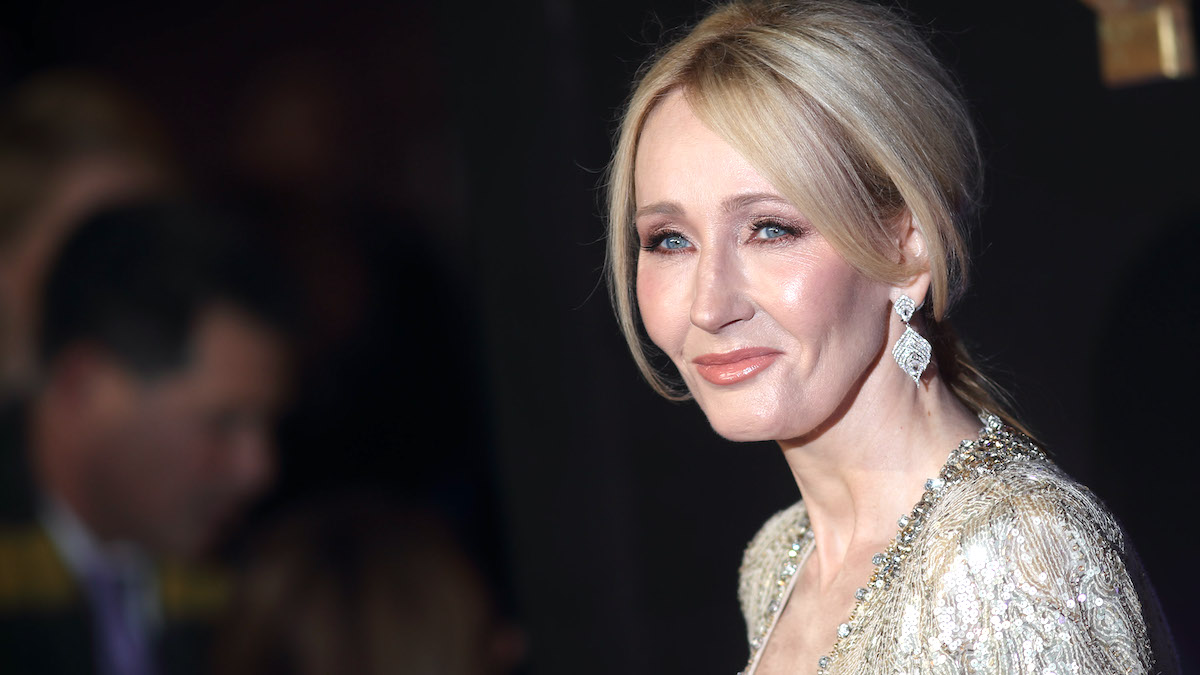
Besides the series of transphobic statements, the U.K.-born author has been accused of racism.
In 2015, Rowling gave befitting replies to those who raised issues with Hermoine’s skin color. Not many were ready to accept Noma Dumezweni’s casting as Hermione in the stage play, Harry Potter and the Cursed Child. However, Rowling gave her approval, but she would soon be the subject of criticism.
The film portrayed a woman of color as a snake who was subservient to Voldemort in Fantastic Beasts: The Crimes of Grindelwald. In the movie, Claudia Kim plays the character of Nagini, which led to the opinion that selecting a woman of color to play the role perpetuates the idea of subservience.
She also faced backlash for appropriating the “living tradition of a marginalized people.” This happened when she wrote about the Navajo legend of the skinwalker for her story which, according to her, “has its basis in facts.” The public wasn’t happy about this either, and many social media users came forward to respond to Rowling.
One of the users said, “Imagine how many Native Americans are going to be gaslit about their own culture under the guise “well in canon it’s actually like this…”
While the discussion about Rowling being a potential racist continues, one of the Reddit users that goes by the name u/IsNotPolitburo, drew attention to the racial undertone in the representation of an Irish character in one of the Harry Potter movies. “In Harry Potter and the Philosopher’s Stone (2001) Irish first-year student Seamus Finnigan accidentally blows up his drink while trying to transmute it to Rum. This apparent off-hand joke about the Irish being explosion-prone alcoholics is in fact foreshadowing of JK Rowling being kind of a racist.”
The series’ fans also took issue with Rowling’s representation of a Polish character named Lechsinka in The Cuckoo’s Calling. They are of the opinion that the character represents Rowling’s ignorance of Polish characters and adherence to the negative stereotypes against Polish people.
How was I not aware that JK Rowling invented a Polish character called “Lechsinka” whose key characteristic (apart from being a cleaner ofc) is that she doesn’t know the word “detective”! 🙃 (“detektyw” in Polish) I wonder if Lechsinka is friends with Cho Chang? https://t.co/MS7UoPVvjD
— Dr Marta Zboralska (@marta_zboralska) January 25, 2023
jk rowling wrote a polish character and it went as well as could be expected https://t.co/cxnWrvQRXM
— Emma Szewczak (@EmmaSzewczak) January 25, 2023
On this subject, an anonymous writer for Culture.pl wrote a letter to Rowling saying.
“Speaking of reassurance, I would also be incredibly grateful if you had some kind words for your Polish admirers, or about Poland in general. I do not question your intentions in the slightest when it comes to your portrayal of Lechsinka. Over the last fifteen years, you have done more than anyone else in order to fight discrimination. I am convinced that you simply wanted to give your readers an authentic taste of life in London, where a considerable number of Polish women work as cleaners, I am sure. Still, I decided to write you because I spend the better part of my work days battling damaging stereotypes about Poland and its citizens. I wanted to write you because I personally know many petite young blondes with heavily accented English, and lamentably, as soon as they set foot west of the Polish border, everyone instantly assumes they clean or sell sexual favors for a living.Have you ever visited Poland, Ms Rowling? Would you like to? If so, I foresee loads of ecstatic fans preparing their questions about Josef Wronski and the 1994 Quidditch World Cup.”
Rowling speaks
Nearly three years after outrageous posts and comments that were deemed transphobic and attracted enormous furor, Rowling is all set to justify her side of the story in her upcoming podcast, “The Witch Trials of J.K Rowling” produced by Red Press. In the trailer, Rowling mentions that she has been misunderstood for her comments earlier.
She said, “What has interested me in recent years, particularly on social media is when fans say, ‘You’ve ruined your legacy. Oh, you could have been beloved forever, but you chose to say this.’ And I think: ‘You could not have misunderstood me more profoundly”. She added, “I never set out to upset anyone. However, I was not uncomfortable with getting off my pedestal”. T
The podcast is set to release on Feb. 21 and we are excited to check out what the author of the famous wizarding world has to say in her defense.

